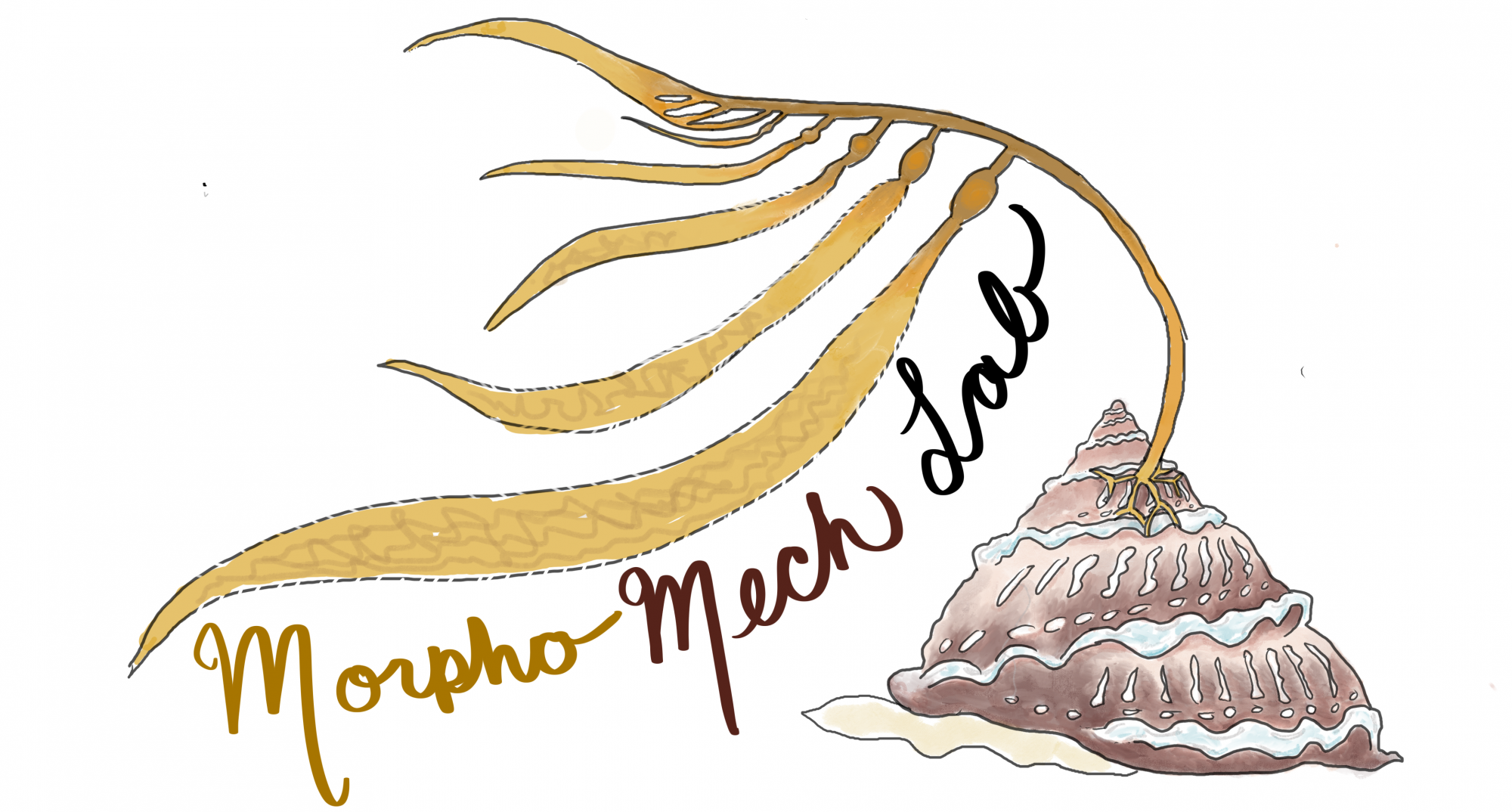*this is most definitely a work-in-progress*
At its core, I believe that science is a collective act; when you join our lab, you are joining and adding to our community as a human who practices science1. Everyone in our lab, including me, is developing as a ‘human who practices science’ but we are all unique individuals with our own evolving paths. As a mentor, I am on a journey with you where we travel, explore, and grow together as we plot & navigate our own paths. We also are doing this in the context of our lab, and as such mentorship extends into our community – everyone in our lab is both mentor and mentee.
Individual mentoring relationships are personal and dynamic; they change as we change and they are different for each person in our lab. The same is true of our wider lab mentorship culture, it changes and evolves as people join and move on. That being said, there are some key guiding principles that I strive to keep at the core of how I show up in our individual mentoring relationship, and in the broader context of the lab community:
‘Both/&’ Thinking2. As scientists, we are trained to discriminate and categorize (e.g. between hypotheses). This is also true in how we navigate our personal journey and relationships (e.g. you can be a good teacher OR a good researcher, you can be a hard-ass OR a push-over). This kind of thinking, which I call ‘either/or’ thinking can be very useful, but often it is our unintentional default and sets up false dichotomies that just get in our way. As a team, we work to practice ‘both/&’ thinking. This asks us; to consider when both options are actually valid and expand our thinking to what else might be added: when does our data ask us to make a new hypothesis? How can we build a career path that allows us to be ourselves? How can we work as a collaborative team but still gain as individuals?
Autonomy & Agency. I deeply believe that our best science gets done when we get to choose what we work on (autonomy) and we are actually able to do it (agency)3. Absolute autonomy can be terrifying, especially without agency (a thrown-in-the-deep-end-see-if-you-swim style). On the flip side, an environment that does not allow for any personal input can be pretty oppressive (a cookie-cutter or imprinting style). In our mentoring relationship, we will work together to figure out what question(s) you want to explore, reflect on your sense of agency and build competency, and pay attention to your needs over time, adjusting as needed.
Personal & Imposed Values. We all have unique experiences and histories that shape our personal values and ideally those values inform our choices (autonomy). But we also exist within broader structures (lab, University, the academe, broader society) that may have different values than our own and may impact our feeling of agency. It is important that we learn about each other’s values (including within the broader lab) and discuss our interpretation of perceived external value systems. This allows us to make intentional value-based decisions as individuals (and as a lab community) in order to progress our science and career development (autonomy & agency).
Care & Accountability. In our lab, we care about each other. Real care, the heart of any meaningful relationship, is an active process that we all need to engage in; care involves knowing each other, thinking about each other, supporting each other, and holding each other accountable. In our individual mentoring relationship, we will work to build expectations for each other and ourselves, allowing them to change and grow, but we will also hold each other accountable for meeting them. We do the same thing as a broader lab community. This accountability requires that we talk about what is and isn’t working, that we work to understand why, and that we make a plan together to be better.
Foot Notes
- Right now, I am trying not to use ‘scientist’ on its own as a way to describe who I am. Contextually, being called a ‘scientist’ in the academic setting has often been a reduction and exclusion of everything else about who I am. Statements like ‘in this lab, we are all scientists’ can be incredibly positive as they focused on a shared identity. But if it is actually ‘in this lab, we are scientists first (or only)’…that makes me less comfortable. Without intention it ends up creating an environment where ‘scientist’ is the only identity that has a place in the lab, ignoring the rest of who we are as human beings. So, we are ‘humans who practice science’. For now.
- It is kind of evil-meta to set up a dichotomy between ‘either/or’ and ‘both/&’ thinking when I am advocating to challenge false dichotomies using ‘both/&’ thinking. Right now we intentionally focus on ‘both/&’ as a counter balance to unintentional ‘either/or’ thinking….but both have a place depending on the situation. The key here is to be intentional.
- ‘Autonomy is self-government; freedom to act or function independently while agency is the capacity, condition, or state of acting or of exerting power’. From here.
